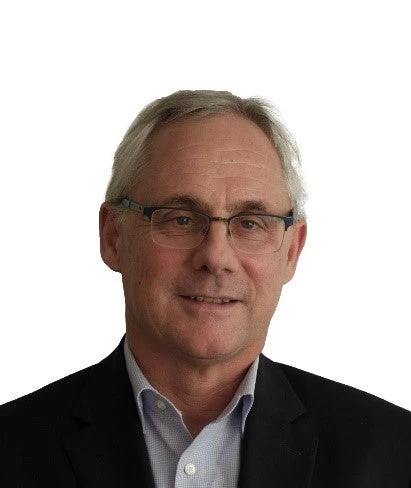The story of a country’s economic development is often told through the lens of new roads, factories, power plants, and ports. However, it can also be told through the voices of everyday heroes, individuals who have taken action to improve their lives and those around them. In this blog series, the World Bank Group, in partnership with Ivorian newspaper Fraternité Matin and blogger Edith Brou, tells the stories of those individuals who, with a boost from a Bank project, have set economic development in motion in their communities.
About Sofie immediately felt reassured on her arrival for treatment at the Bagba Health Center in southern Côte d’Ivoire: “As soon as you go through the door, the nurse’s aides put you at ease with a smile. In other places, you’re scared and you think twice before talking to the medical personnel, who are quick to belittle patients and walk away.”
The national health system is not yet up to par for many Ivorian patients. In March 2014, the death of a young female patient who was admitted wounded to an Abidjan hospital shocked and appalled the entire country by showing up the many failings in medical care. Since, a change has been taking place that is putting the patient’s welfare at the center of the country’s hospital system.
A new approach was launched on August 1, 2016, supported by the Health Systems Strengthening and Ebola Preparedness Project (PRSSE) with World Bank financing. The approach constantly monitors health establishment performance, and funding now depends mainly on the quality of an establishment’s patient care, whereby an establishment with better patient care is now slated to receive more funds. Although this change may first seem cosmetic, it is a radical break with the previous approach that based funding solely on healthcare establishments’ needs. The project has signed performance contracts with a total of 73 primary healthcare establishments in the pilot health districts of Cocody-Bingerville, Anyama, Bouaflé, and Sinfra.
Daigni Kadidjatou, manager of the Anono urban health center in Abidjan’s suburbs, has noticed a change in habits and behavior due to this new patient-centric dynamic. Patients can now judge the quality of their care all the way down the service chain— from reception through treatment to check-ups—with the help of management committees trained up on the performance evaluation tools and methods. Every department is rated by an in-house monitoring system and a satisfaction survey on discharge. Here, you watch your step! Time-keeping at the center is of the essence with every arrival and departure from 7.30 a.m. onwards carefully recorded in a register.
The change in hospital staff behavior has immediately improved patients’ confidence as they have started to flock to the centers piloting the new approach. For example, curative consultations at the Attiekoi rural health center in Anyama have climbed 11 percent in 2017. Better still, the behavioral changes are on both sides. When patients have more confidence, the medical staff are more inclined to provide more information to build their awareness of the danger of certain illnesses. In remote areas, medical services no longer think twice about social marketing to attract patients to the health centers. Direct consultations by medical staff in the villages have managed to break the ice and reinstill trust in the patients.
This is just the start of this wonderful venture, as 405 new health centers will be piloting this approach based on this year’s results. If these initial positive results hold, the Government intends to quickly roll out the program nationwide.
Tell us what you think:
- How far do you think the poor performance of Côte d’Ivoire’s health system is due to poor management and deficient behavior rather than a lack of good quality medical staff?
- What role does the private sector play in financing and managing hospital establishments in the country?



Join the Conversation